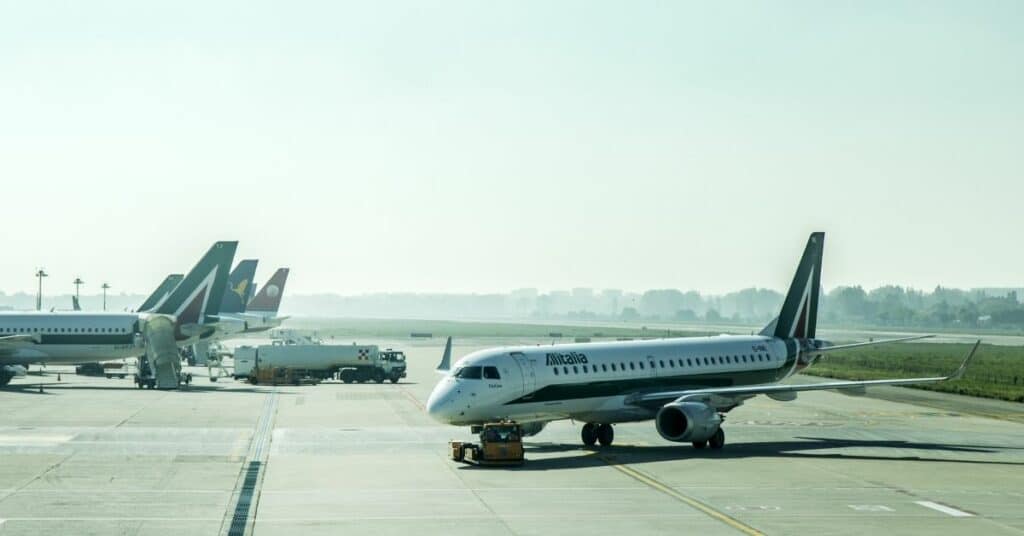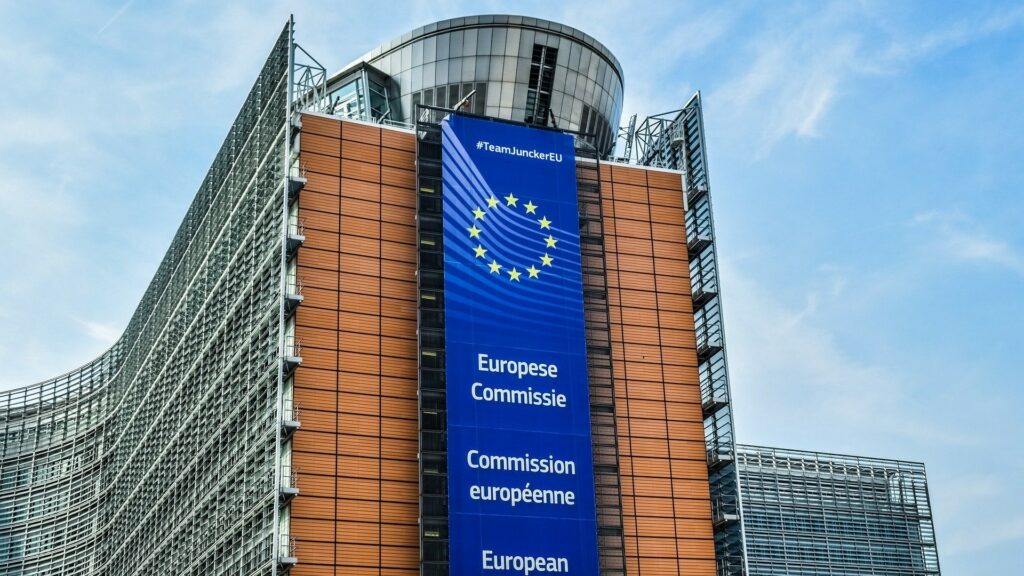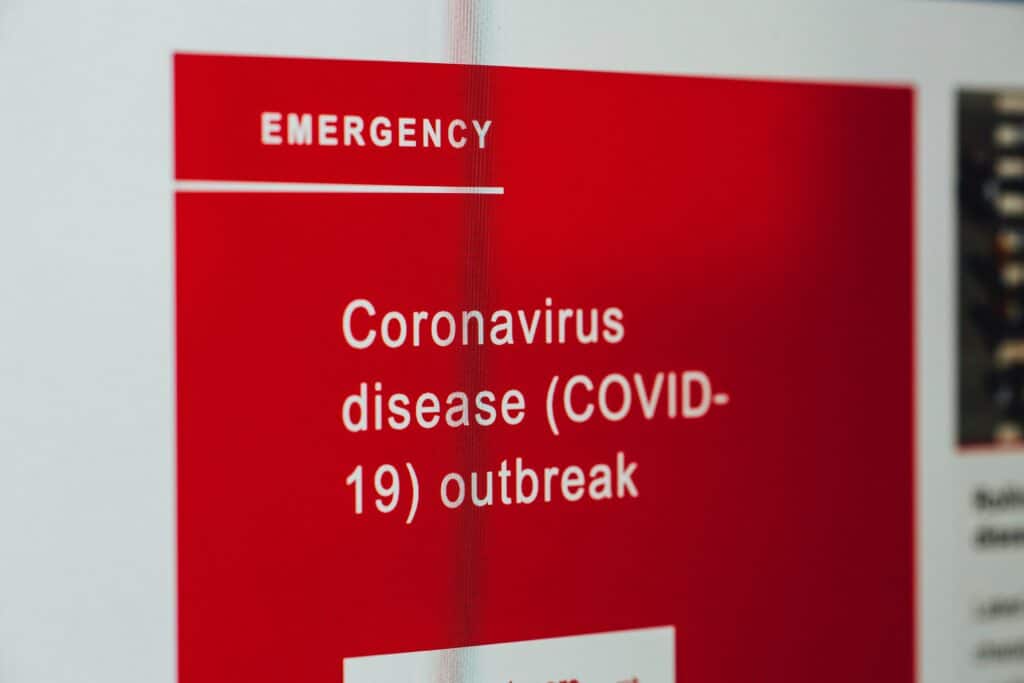Introduction Following a formal investigation, the Commission in decision 2025/775 approved restructuring aid to TAROM, the Romanian airline which is 97% owned by the state.[1] In 2020, Romania provided rescue aid to TAROM, which was also approved by the Commission in decision SA.56244. The rescue decision was appealed by Wizz Air. Its appeal was dismissed by the General Court in […]
State Aid Law
Blog
State Aid Uncovered Blog
In Lexxion’s State Aid Uncovered blog, Prof. Phedon Nicolaides publishes weekly critical analyses of recent State aid judgments and decisions. Each post presents the key points of a court judgment or EU Commission decision, places it in the context of similar case law or practice, assesses the underlying reasoning and highlights any inconsistencies or contradictions.
Guest contributions from other State aid experts will also be published on the blog at irregular intervals to complement the content of the blog posts.
Guest State Aid Blog ×
22. April 2025 |
Article 107(3)(b),Commission decision on SA.59158,discrimination,Guest State Aid Blog,proportionality,recapitalisation,Ryanair v Commission,T 398/21,undertaking in difficulty
by Phedon Nicolaides
Introduction On 2 April 2025, the General Court, in case T‑398/21, Ryanair v Commission, dismissed yet another appeal by Ryanair against a Commission decision on aid to airlines whose purpose was to redress the impact of covid-19.[1] In particular, Ryanair sought the annulment of Commission decision on SA.59158 concerning Polish State aid to LOT airlines. The aid was authorised by the […]
5. July 2022 |
State Aid Uncovered
by Phedon Nicolaides
When a market operator invests in an undertaking in difficulty it also considers the possibility of restructuring, sale or closure. Introduction The answer to the question posed in the title of this article is “because the loan enables the undertaking to become viable again and repay the loan with interest”. It is now well established in the case law that […]
9. March 2022 |
State Aid Uncovered
by Phedon Nicolaides
The “subscribed share capital” of a company includes the capital that is already paid and any future amount that shareholders have irrevocably committed to pay. Introduction Undertakings in difficulty may not receive any kind of aid except aid to compensate for damage caused by a natural disaster or exceptional occurrence and, under strict conditions, rescue and/or restructuring aid. In most […]
6. July 2021 |
State Aid Uncovered
by Phedon Nicolaides
State aid may only compensate for the direct damage caused by covid-19. Introduction Aid that compensates for damage caused by natural disasters or exceptional occurrences is declared by Article 107(2)(b) TFEU to be compatible with the internal market. That is why Article 1(4)(c) of the GBER does not exclude, as is normally the practice, undertakings in difficulty from schemes that […]
7. July 2020 |
State Aid Uncovered
by Phedon Nicolaides
Micro and small enterprises in difficulty are no longer excluded from the Temporary Framework. Undertakings in difficulty as a result of COVID-19 are no longer excluded from the GBER and Guidelines. Update on Temporary Framework: Number of approved and published COVID-19 measures, as of 3 July 2020: 185* Legal basis: Article 107(2)(b): 17 Article 107(3)(b): 155; Article 107(3)(c): 16 Five […]
27. April 2020 |
State Aid Uncovered
by Phedon Nicolaides
A company is in difficulty if, in practice, its accumulated net losses exceed 50% of its subscribed capital, regardless of whether the subscribed capital is formally written down. The classification of a company as being in difficulty is independent of the sector in which it operates and of whether a private investor would be willing to invest in it. Temporary […]
Guest State Aid Blog ×
6. May 2025 |
State Aid Uncovered
by Phedon Nicolaides
Introduction Following a formal investigation, the Commission in decision 2025/775 approved restructuring aid to TAROM, the Romanian airline which is 97% owned by the state.[1] In 2020, Romania provided rescue aid to TAROM, which was also approved by the Commission in decision SA.56244. The rescue decision was appealed by Wizz Air. Its appeal was dismissed by the General Court in […]
22. April 2025 |
Article 107(3)(b),Commission decision on SA.59158,discrimination,Guest State Aid Blog,proportionality,recapitalisation,Ryanair v Commission,T 398/21,undertaking in difficulty
by Phedon Nicolaides
Introduction On 2 April 2025, the General Court, in case T‑398/21, Ryanair v Commission, dismissed yet another appeal by Ryanair against a Commission decision on aid to airlines whose purpose was to redress the impact of covid-19.[1] In particular, Ryanair sought the annulment of Commission decision on SA.59158 concerning Polish State aid to LOT airlines. The aid was authorised by the […]
5. July 2022 |
State Aid Uncovered
by Phedon Nicolaides
When a market operator invests in an undertaking in difficulty it also considers the possibility of restructuring, sale or closure. Introduction The answer to the question posed in the title of this article is “because the loan enables the undertaking to become viable again and repay the loan with interest”. It is now well established in the case law that […]
9. March 2022 |
State Aid Uncovered
by Phedon Nicolaides
The “subscribed share capital” of a company includes the capital that is already paid and any future amount that shareholders have irrevocably committed to pay. Introduction Undertakings in difficulty may not receive any kind of aid except aid to compensate for damage caused by a natural disaster or exceptional occurrence and, under strict conditions, rescue and/or restructuring aid. In most […]
6. July 2021 |
State Aid Uncovered
by Phedon Nicolaides
State aid may only compensate for the direct damage caused by covid-19. Introduction Aid that compensates for damage caused by natural disasters or exceptional occurrences is declared by Article 107(2)(b) TFEU to be compatible with the internal market. That is why Article 1(4)(c) of the GBER does not exclude, as is normally the practice, undertakings in difficulty from schemes that […]
7. July 2020 |
State Aid Uncovered
by Phedon Nicolaides
Micro and small enterprises in difficulty are no longer excluded from the Temporary Framework. Undertakings in difficulty as a result of COVID-19 are no longer excluded from the GBER and Guidelines. Update on Temporary Framework: Number of approved and published COVID-19 measures, as of 3 July 2020: 185* Legal basis: Article 107(2)(b): 17 Article 107(3)(b): 155; Article 107(3)(c): 16 Five […]
27. April 2020 |
State Aid Uncovered
by Phedon Nicolaides
A company is in difficulty if, in practice, its accumulated net losses exceed 50% of its subscribed capital, regardless of whether the subscribed capital is formally written down. The classification of a company as being in difficulty is independent of the sector in which it operates and of whether a private investor would be willing to invest in it. Temporary […]
Guest State Aid Blog ×
6. May 2025 |
State Aid Uncovered
by Phedon Nicolaides
Introduction Following a formal investigation, the Commission in decision 2025/775 approved restructuring aid to TAROM, the Romanian airline which is 97% owned by the state.[1] In 2020, Romania provided rescue aid to TAROM, which was also approved by the Commission in decision SA.56244. The rescue decision was appealed by Wizz Air. Its appeal was dismissed by the General Court in […]
22. April 2025 |
Article 107(3)(b),Commission decision on SA.59158,discrimination,Guest State Aid Blog,proportionality,recapitalisation,Ryanair v Commission,T 398/21,undertaking in difficulty
by Phedon Nicolaides
Introduction On 2 April 2025, the General Court, in case T‑398/21, Ryanair v Commission, dismissed yet another appeal by Ryanair against a Commission decision on aid to airlines whose purpose was to redress the impact of covid-19.[1] In particular, Ryanair sought the annulment of Commission decision on SA.59158 concerning Polish State aid to LOT airlines. The aid was authorised by the […]
5. July 2022 |
State Aid Uncovered
by Phedon Nicolaides
When a market operator invests in an undertaking in difficulty it also considers the possibility of restructuring, sale or closure. Introduction The answer to the question posed in the title of this article is “because the loan enables the undertaking to become viable again and repay the loan with interest”. It is now well established in the case law that […]
9. March 2022 |
State Aid Uncovered
by Phedon Nicolaides
The “subscribed share capital” of a company includes the capital that is already paid and any future amount that shareholders have irrevocably committed to pay. Introduction Undertakings in difficulty may not receive any kind of aid except aid to compensate for damage caused by a natural disaster or exceptional occurrence and, under strict conditions, rescue and/or restructuring aid. In most […]
6. July 2021 |
State Aid Uncovered
by Phedon Nicolaides
State aid may only compensate for the direct damage caused by covid-19. Introduction Aid that compensates for damage caused by natural disasters or exceptional occurrences is declared by Article 107(2)(b) TFEU to be compatible with the internal market. That is why Article 1(4)(c) of the GBER does not exclude, as is normally the practice, undertakings in difficulty from schemes that […]
7. July 2020 |
State Aid Uncovered
by Phedon Nicolaides
Micro and small enterprises in difficulty are no longer excluded from the Temporary Framework. Undertakings in difficulty as a result of COVID-19 are no longer excluded from the GBER and Guidelines. Update on Temporary Framework: Number of approved and published COVID-19 measures, as of 3 July 2020: 185* Legal basis: Article 107(2)(b): 17 Article 107(3)(b): 155; Article 107(3)(c): 16 Five […]
27. April 2020 |
State Aid Uncovered
by Phedon Nicolaides
A company is in difficulty if, in practice, its accumulated net losses exceed 50% of its subscribed capital, regardless of whether the subscribed capital is formally written down. The classification of a company as being in difficulty is independent of the sector in which it operates and of whether a private investor would be willing to invest in it. Temporary […]










